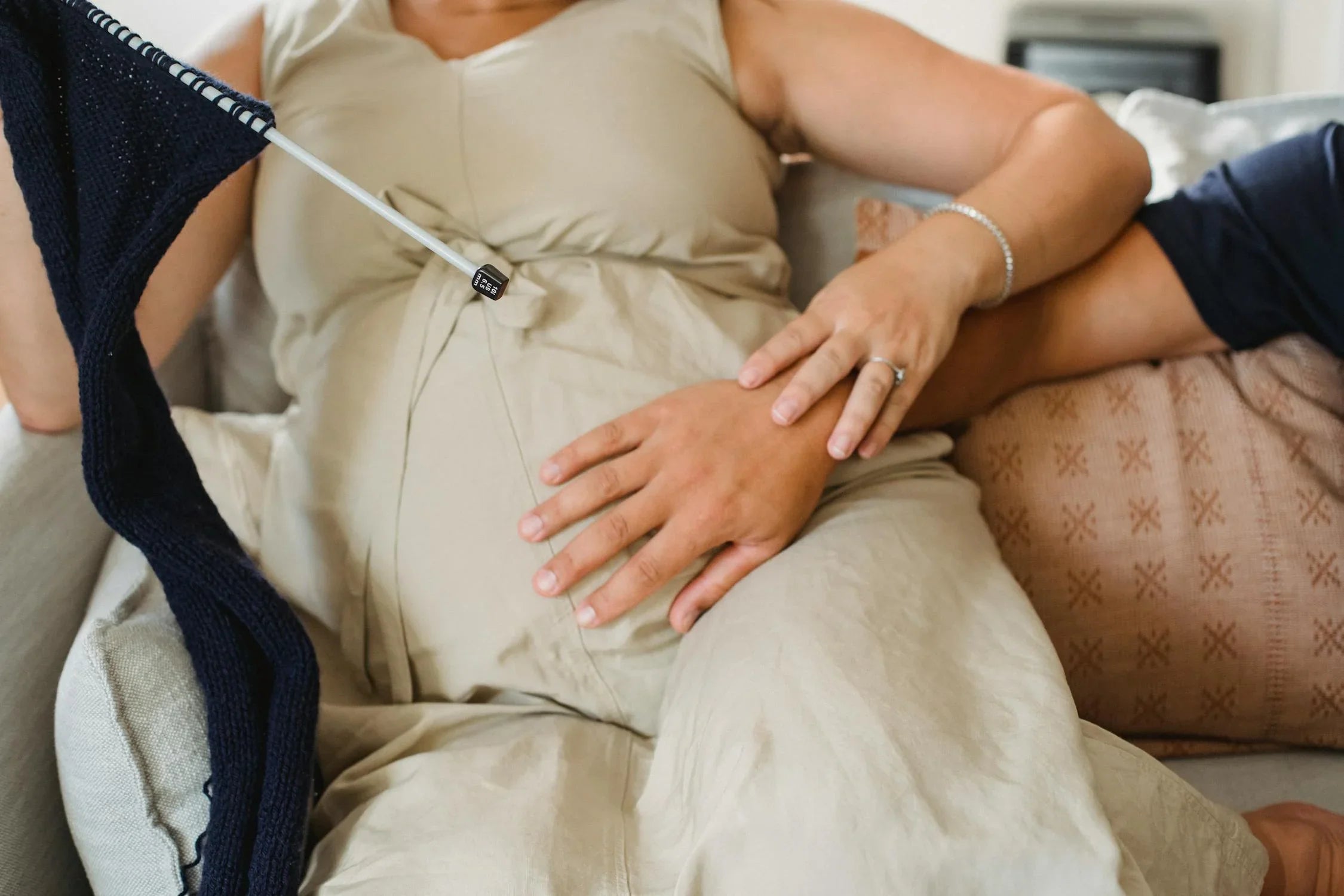Startseite
Pregnancy, Breastfeeding, and Pumping: The Ultimate Guide for Moms
Will Early Pregnancy Test Work: Everything You Need to Know

Will Early Pregnancy Test Work: Everything You Need to Know
When it comes to finding out if you're pregnant, timing is everything. The question 'Will early pregnancy test work?' is one that many women ask as they eagerly await answers. Early pregnancy tests promise to detect pregnancy before a missed period, but how reliable are they? This article dives deep into the science, accuracy, and factors that influence early pregnancy tests to help you understand what to expect.
How Do Early Pregnancy Tests Work?
Early pregnancy tests detect the presence of human chorionic gonadotropin (hCG), a hormone produced by the placenta after a fertilized egg attaches to the uterine lining. These tests are designed to identify even small amounts of hCG in urine, making them highly sensitive. The level of hCG doubles every 48 to 72 hours in early pregnancy, which is why timing is crucial for accurate results.
When Can You Take an Early Pregnancy Test?
Most early pregnancy tests claim to provide accurate results as early as six days before a missed period. However, the accuracy of these tests depends on several factors, including the sensitivity of the test and the concentration of hCG in your urine. Taking the test too early may result in a false negative, as hCG levels might not yet be detectable.
Factors That Influence Test Accuracy
Several factors can affect the accuracy of early pregnancy tests. These include:
- Timing: Testing too early can lead to false negatives.
- Urine Concentration: Diluted urine may reduce the accuracy of the test.
- Test Sensitivity: Not all tests are equally sensitive to hCG levels.
- User Error: Incorrect usage of the test can lead to inaccurate results.
Understanding False Positives and False Negatives
False positives and false negatives can occur with early pregnancy tests. A false positive may result from certain medications or medical conditions that elevate hCG levels. On the other hand, a false negative often occurs when the test is taken too early or if the urine is too diluted. It's essential to follow the instructions carefully and consider retesting if you suspect an error.
Tips for Accurate Testing
To maximize the accuracy of an early pregnancy test, follow these tips:
- Use the first-morning urine, as it is more concentrated.
- Read the instructions thoroughly before taking the test.
- Avoid drinking excessive fluids before testing to prevent diluting your urine.
- Wait at least a few days after a missed period to reduce the risk of a false negative.
When to Consult a Healthcare Professional
If you receive a positive result on an early pregnancy test, it's important to confirm the result with a healthcare professional. They can perform a blood test, which is more accurate and can detect lower levels of hCG. Additionally, if you experience symptoms of pregnancy but receive negative test results, consult a doctor to rule out other potential causes.
Early pregnancy tests can be a valuable tool for those eager to know if they're expecting. However, understanding their limitations and how to use them correctly is key to obtaining accurate results. Whether you're hoping for a positive or negative outcome, being informed will help you navigate this exciting yet uncertain time with confidence.
Teilen
